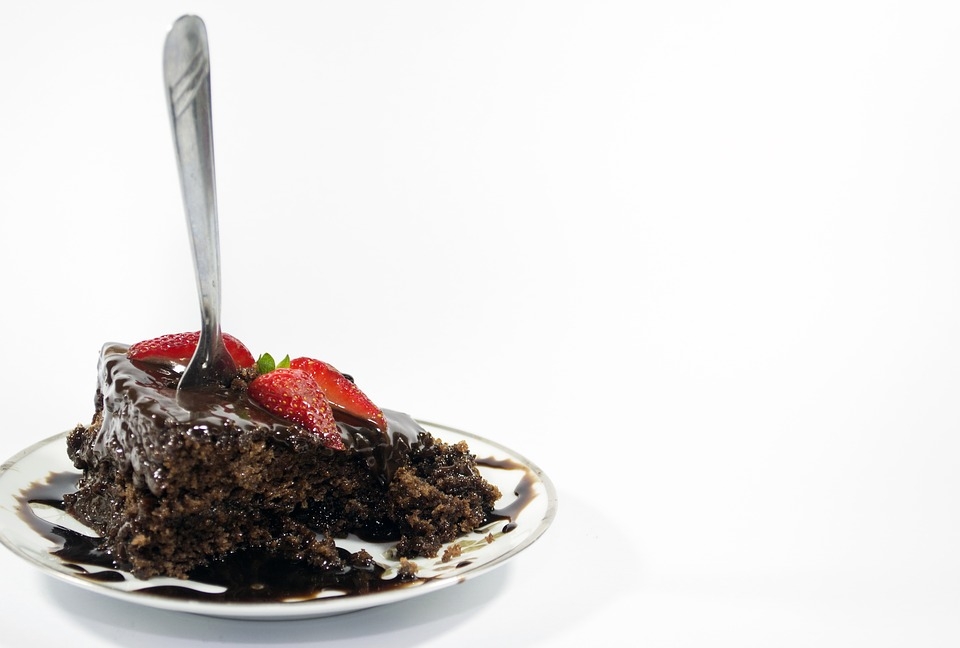Eating for Two - What You Should Be Eating During Pregnancy
August 6th, 2017
1688 Views

We know that pregnancy advice from family and well-meaning friends can be confusing. So if you’re feeling a bit like a tomato amongst a bunch of celery stalks you are not alone. That is why we have decided to clear up the confusion with some top nutritional advice.
Begin with Greens
Dark green leafy vegetables such as broccoli, kale and spinach contain many of the nutrients required during pregnancy including fibre, vitamin C, vitamin K, vitamin A, calcium, iron, folate and potassium. They are rich in antioxidants and hugely benefit the immune system.
Getting your greens contributes to preventing neural tube defects because of the folic acid content. Folic Acid goes a long way to helping neural tubes develop properly. Another important mineral in preventing neural tube defects and contributing to optimal brain development is choline. Eggs are rich in choline and a great way to increase overall nutrient intake. Make sure you cook them well and include a whole egg regularly in your diet.
Getting your greens contributes to preventing neural tube defects because of the folic acid content. Folic Acid goes a long way to helping neural tubes develop properly. Another important mineral in preventing neural tube defects and contributing to optimal brain development is choline. Eggs are rich in choline and a great way to increase overall nutrient intake. Make sure you cook them well and include a whole egg regularly in your diet.
Best Pregnancy Food Secret
One surprising yet highly recommended pregnancy food is the very underrated sweet potato. It contains large amounts of beta-carotene, which is converted to Vitamin A in the body. This is essential for healthy foetal development. Legumes (peas & beans) are excellent plant-based sources of fiber, protein, iron, folate (B9) and calcium, which the body needs more of during pregnancy.
Pregnancy Food Myths
Do people frown upon you when you're eating sushi with a pregnant belly? It is true that raw shellfish may contain harmful bacteria, however, most sushi sold in shops is safe. If you really are doubtful, opt for some vegetarian sushi.
It is best to stay away from oysters and for that matter, any undercooked eggs or meats whether fish or red med meat. Smoked fish is safe to eat during pregnancy and I highly recommend you enjoy well-seared salmon as a first choice. Salmon is very rich in essential omega-3 fatty acids which help build the brain and eyes of the foetus. Salmon is also one of the very few natural sources of vitamin D, essential for bone health and immune function. It has been recommended that during pregnancy you do not eat more than 2 servings of fish per week, including tuna, due to possible mercury content.
It is best to stay away from oysters and for that matter, any undercooked eggs or meats whether fish or red med meat. Smoked fish is safe to eat during pregnancy and I highly recommend you enjoy well-seared salmon as a first choice. Salmon is very rich in essential omega-3 fatty acids which help build the brain and eyes of the foetus. Salmon is also one of the very few natural sources of vitamin D, essential for bone health and immune function. It has been recommended that during pregnancy you do not eat more than 2 servings of fish per week, including tuna, due to possible mercury content.
Essentials
Iron is an essential mineral used for delivering oxygen to all cells in the body. Since your blood volume is increasing, especially in the third trimester it is important to get enough iron and also high-quality protein from lean meat.
Alcohol is an absolute no-no. From as early as the first trimester, alcohol consumption increases the risk of miscarriage and your baby's risk of long-term health problems. Drink plenty of water as this will help prevent constipation and urinary tract infections. Sufficient hydration is also essential due to the increased blood volume during pregnancy.
Alcohol is an absolute no-no. From as early as the first trimester, alcohol consumption increases the risk of miscarriage and your baby's risk of long-term health problems. Drink plenty of water as this will help prevent constipation and urinary tract infections. Sufficient hydration is also essential due to the increased blood volume during pregnancy.
Easy Does It
On average, you'll gain between 25lbs and 35lbs during your pregnancy. You only need to consume between 200 – 300 extra calories daily (depending on your weight and trimester), so when you have a craving for some double chocolate ice-cream and pizza, you don’t have free range just because you’re ‘eating for two’. Stick to healthier options and smaller portions of the unhealthier treats when you just can’t do without. Poor eating habits and excess weight gain can lead to gestational diabetes and pregnancy or birth complications.
A healthy diet is imperative to a healthy baby and happy mommy. Prenatal vitamins are a great addition, but definitely not a substitute, for eating well. Make sure your multivitamin is specifically for pregnancy as some nutrients are adjusted according to what may be beneficial or harmful to foetal development.
For more great pregnancy meal planner tips visit: Click Here to Buy
For more great pregnancy meal planner tips visit: Click Here to Buy
Helga x

